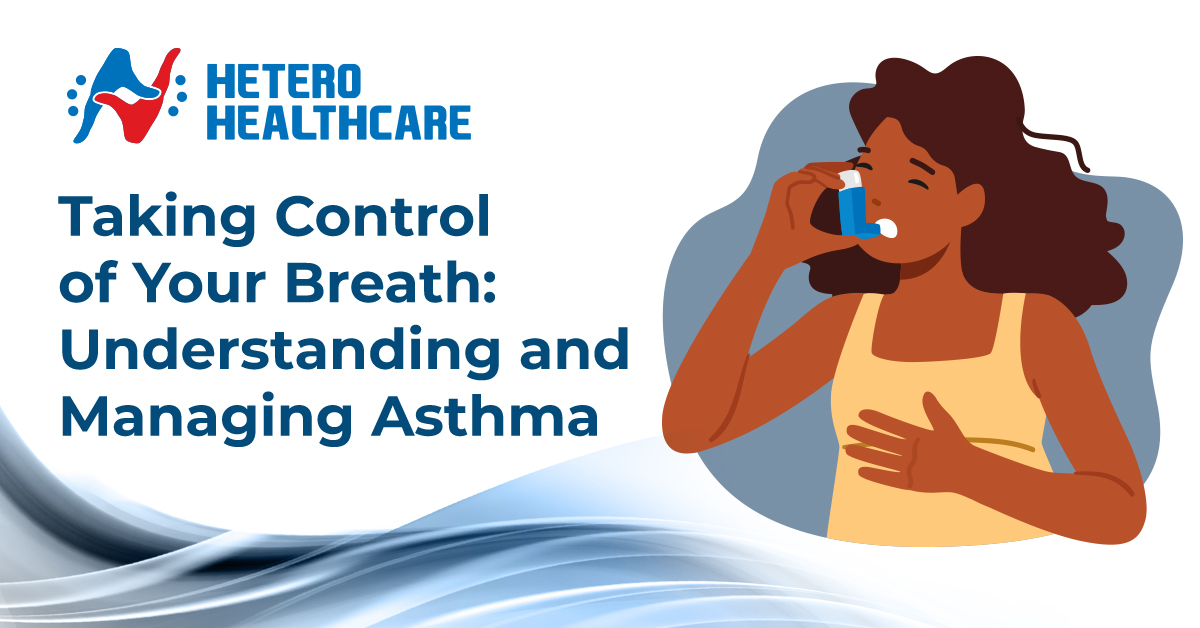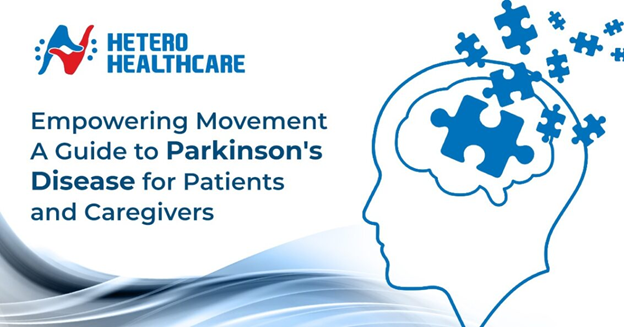Hetero Healthcare
12 Nov 2021

Pneumonia is a life-threatening disease that has mild to breath-taking complications. It is a chronic lung ailment caused by persistent infections that trigger the air sacs of one or both lungs. Air sacs are probably filled with Pneumonia pus or fluid like a purulent material. Children, infants, and people over 65 whose immune systems are weak or have other health problems are most susceptible to the disease. As per research, Pneumonia is the leading cause of infants death. Every year almost 200,000 children below five die of Pneumonia in India. On global level, it kills around 900,000 children in every year.
It is time for you to react and seek medical help if you experience:
Note: Infants and new born babies do not show any symptoms or signs of infections. It should be understood if they have fever, cough, behave restlessly, have low energy levels, and look tired most of the time.
Various germs cause Pneumonia, and the potent cause of Pneumonia is the presence of bacteria and viruses in the air. Our body, with a strong immune system, can protect our lungs from these bacteria and viruses. However, a few times, these germs conquer our bodies, causing harm to our lungs.
Scroll down to know about Pneumonia classification based on the type of germs that cause it:
Hospitals and other healthcare environments are the most likely locations for its occurrence.
The factors that cause Pneumonia:
It is a gram-positive, facultative anaerobic lancet-shaped bacterium known as Streptococcus pneumoniae. It occurs on its own or after an individual has a cold or flu. It probably affects the one part (lobe) of the lung, and this condition is called Lobar Pneumonia.
People with chronic health problems, weak immune systems, and people who have inhaled huge doses of organisms are affected by this type of Pneumonia. It is found in soil or bird excretions and varies depending on geographic locations.
Mycoplasma pneumoniae is another type of bacteria that is informally called Walking Pneumonia causes Pneumonia which is not so serious enough to take bed rest.
Viruses like Influenza that cause cold and flu can be the cause of Pneumonia which is usually mild. It is mostly caused in children under five years. However, in a few cases, viruses like Coronavirus 2019 also cause Pneumonia that can be severe and life-taking.
People in high-risk categories are likely to encounter the following complications even while undergoing treatment:
Difficulty in breathing:
If you are in a chronic condition of Pneumonia, you might experience difficulty breathing sufficient oxygen. In such situations, hospitalization becomes a compulsion, and doctors recommend using a breathing machine or a ventilator while your lungs heal.
Spread of bacteria through bloodstream:
Bacteria in your lungs enter your bloodstream and spread the infection all over the body parts damaging the organs and gradually leading to failure.
Lung abscess (Cyst):
Pus forms in the form of an abscess in a cavity of the lung, which is treated by antibiotics, or surgery, or drain the pus by poking the abscess with a long needle or a tube.
Pleural Effusion:
Pneumonia builds fluid in the thin space between the layers of tissues around the lungs and chest cavity (pleura). If this fluid is infected, it should be drained out from the lungs through surgery or a chest tube.
Yes, we can escape Pneumonia by following these measures:
People affected with Coronavirus have minor to major symptoms of cough, fever, cold, breath shortness. However, a few people affected with new Coronavirus probably have a fair chance of getting affected with Pneumonia in both the lungs. COVID 19 Pneumonia is a life-taking illness.
Proper identification and treatment of Pneumonia can be cleared without complications in many cases. Antibiotics clear the Pneumonia caused by bacterial infections. However, if you stop taking the antibiotics the complications resume back. Viral Pneumonia occupy the lungs cause swelling, and blocks the oxygen into the lungs yet clears up on its own in few weeks. Apart from all the other contributors, air pollution is also a potent contributor to Pneumonia. We are all together in this situation, so let's join hands together, follow necessary preventions, take an initiative to control the air pollution and breathe freely without any worries for illness.
References
Hetero Healthcare

Hetero Healthcare27 May 2024
The Thyroid: Understanding Your Body's Master Gland
The thyroid gland, a small butterfly-shaped gland located at the base of your neck, plays a critical role in regulating your metabolism.

Hetero Healthcare25 May 2024
Taking Control of Your Breath: Understanding and Managing Asthma
Asthma can feel like a constant battle for air, leaving you breathless and wheezing. But with knowledge and the right approach, you can take control of your asthma and live a full, active life.

Hetero Healthcare30 Apr 2024
A Comprehensive Guide to Malaria
Malaria, a mosquito-borne infectious disease, continues to pose a significant threat to global health. At Hetero Healthcare, we are committed to raising awareness about this preventable illness and empowering individuals with knowledge to protect themselves. This comprehensive blog delves into the causes, symptoms, and effective prevention strategies for malaria.

Hetero Healthcare30 Apr 2024
A Guide to Parkinsons Disease for Patients and Caregivers
At Hetero Healthcare, we understand the profound impact Parkinson's disease (PD) can have on individuals and their loved ones.